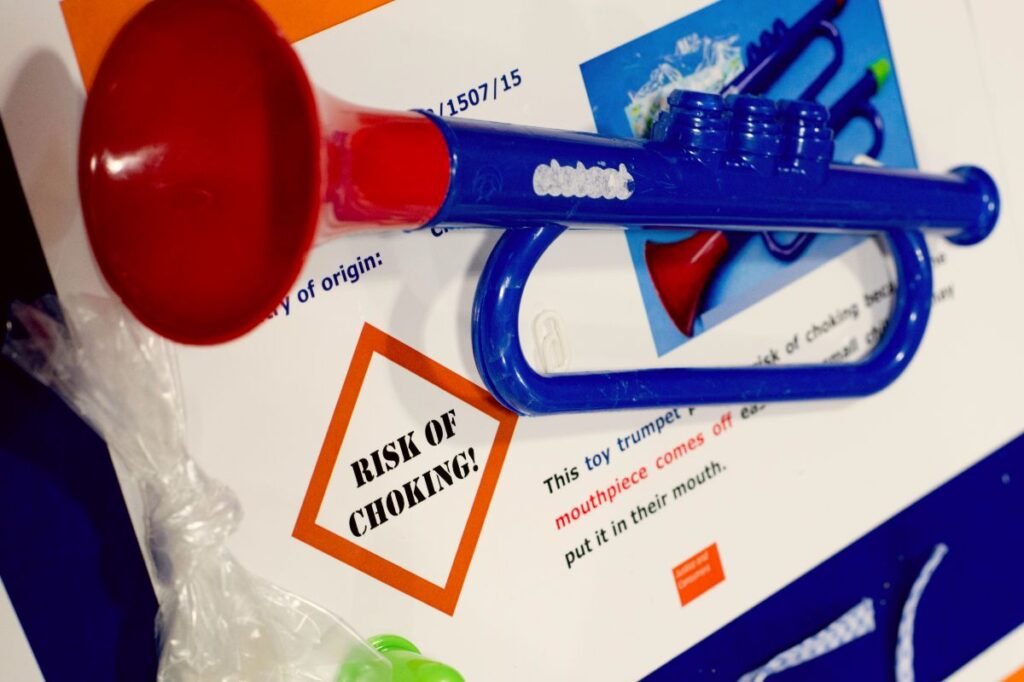The EU Parliament and Council have reached provisional agreement on new toy safety rules, responding to a number of emerging challenges such as risks relating to digital toys and the surge in online shopping.

The new Regulation will ban the use of harmful chemicals, such as PFAS, endocrine disruptors and bisphenols, in toys. All toys will have a Digital Product Passport to prevent unsafe toys sold online and offline from entering the EU. The Regulation sets stricter rules on online sales and give inspectors greater powers to remove dangerous toys from the market. This will ensure that imported toys are as safe for consumers as toys manufactured in the EU.
The new Toy Safety Regulation updates the safety requirements that toys must meet to be marketed in the EU, whether they are manufactured in the EU or elsewhere. More specifically, today’s agreement will:
- Better protect against harmful chemicals: In addition to the substances already banned, the new Regulation will prohibit the use of chemicals that affect the endocrine system (endocrine disruptors) or the respiratory system, those that can create skin allergies or are toxic to a specific organ. It will also ban the use of dangerous bisphenols and per- and polyfluoroalkyl substances (PFAS) in toys.
- Better use of digital tools: with the new Regulation, all toys will be required to have a Digital Product Passport in the format of a data carrier, such as a QR code, on the toy. Consumers or authorities will easily see the toy’s product, compliance and other information. Importers will have to submit digital product passports at the EU borders, including for toys sold online. A new IT system will screen all digital product passports at the EU’s external borders and will identify the shipments that need detailed controls at customs. Checks on toys by national inspectors will be facilitated, as information will be readily available in the digital product passport. This will streamline actions against unsafe toys in the EU and ensure that all toys manufacturers can compete equally and fairly.
The political agreement is now subject to formal approval by the European Parliament and the Council. It will entry into force after 20 days following its publication in the Official Journal. The Regulation foresees a transition period for industry and authorities to adapt to the new rules.






